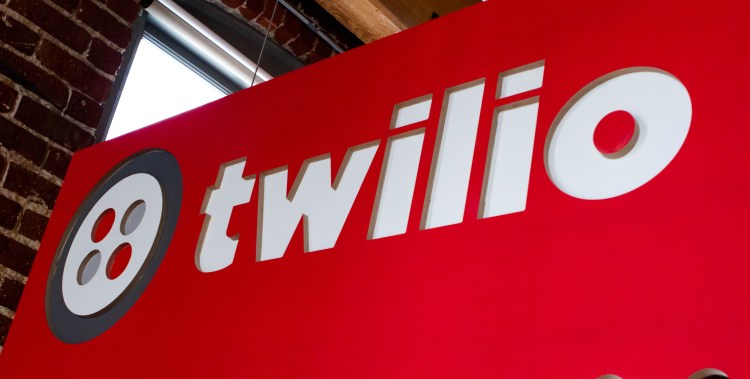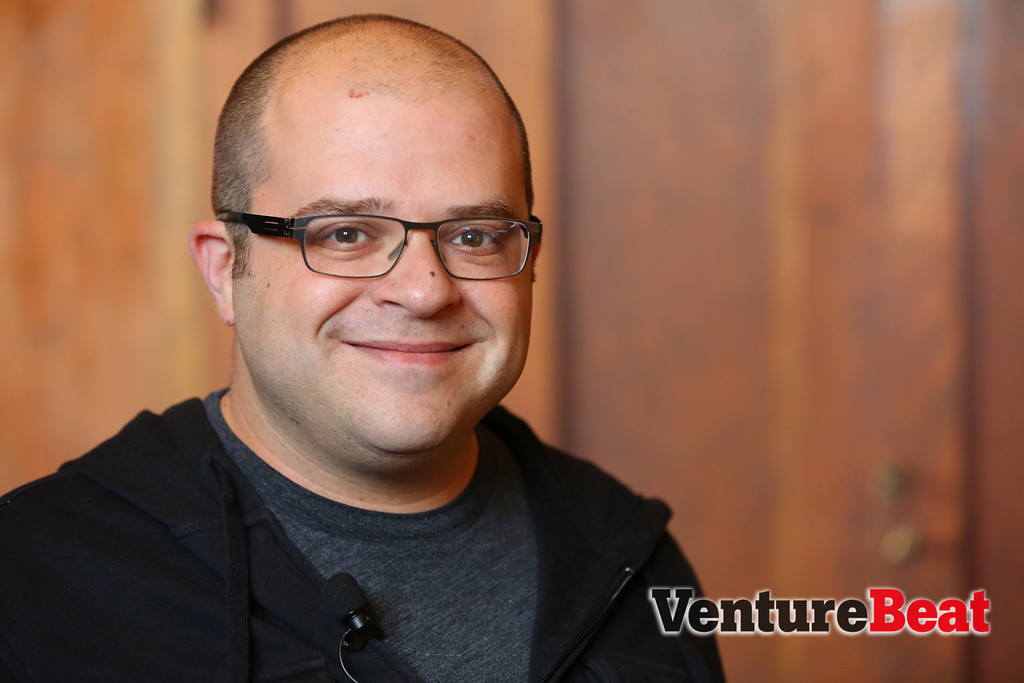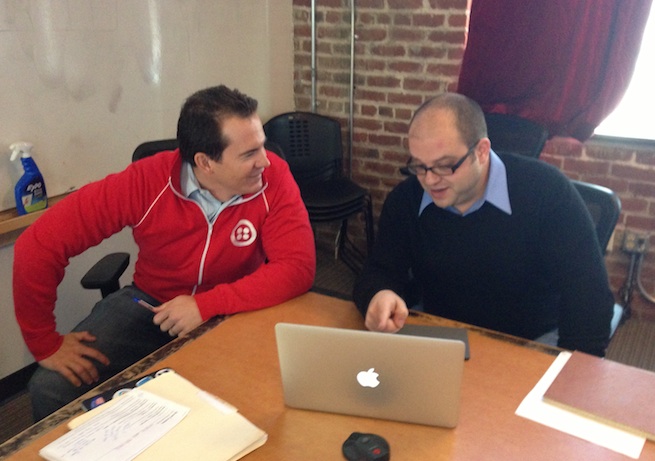Twilio has filed paperwork with the Securities and Exchange Commission (SEC) to go public. The telecommunications platform seeks to raise as much as $100 million in its initial public offering. It’ll be listed on the New York Stock Exchange (NYSE) under the ticker symbol TWLO.
The company’s move toward the public market makes its one of the first few tech IPOs of 2016, following Dell’s spin-off SecureWorks in April, network hardware firm Acacia Communications this month, and health care firm NantHealth earlier this week
It had been reported in December that the company had confidentially filed paperwork in December and was working with Goldman Sachs and J.P. Morgan Chase & Co to handle the process. The company confirmed this in its S-1, saying that it has hired Goldman Sachs, Allen & Company, J.P. Morgan, Pacific Crest Securities, and Canaccord Genuity as underwriters.
Twilio revealed that it has 28,000 active customer accounts as of March 31, 2016, defined as an individual account that has spent $5 in the last month of the period. At the end of 2015, it brought in $166.92 million in revenue, but had a net loss of $35.5 million. Interestingly, in the last three months ending March 31, 2016, 15 percent of the company’s revenue came from customer accounts located outside of the U.S. This is something Twilio highlighted as a risk, saying that “the future success of our business will depend, in part, on our ability to expand our customer base worldwide.”
Another risk is the dependency on WhatsApp. The Facebook-owned messaging app uses Twilio’s programmable voice and messaging products to verify new and existing users. Twilio states that WhatsApp accounted for 15 percent of its revenue in the first three months of 2016; the fact that a long-term contract doesn’t exist could cause some issues.
Founded in 2008, Twilio describes itself as a cloud communications company that appeals to developers interested in building applications around phone and messaging services they can’t get from traditional carriers. Over time, it has added new services intended to show investors its appeal to more audiences such as the enterprise, including session initiation protocol (SIP) support enabling companies to better utilize voice over IP, or VoIP; forming partnerships with carriers like Japan-based KDDI Web Communications to improve overall latency; and even including MMS messaging features into its platform.
At last month’s Facebook developer conference, Twilio announced that it has added Facebook Messenger to its API offering, giving developers more communication options to include in their apps. Interestingly, the company’s S-1 filing comes a day following its Signal conference, where Twilio released new features, including programmable SIM cards, an add-on marketplace, and a unified notification API. It now counts more than 1 million developers on its platform.
Other revelations from the S-1 include news about an acquisition that Twilio made. In February 2015, the company acquired the two-factor authentication online security solution Authy and has now revealed it paid $6.1 million in cash and stock for it.
CEO Jeff Lawson pitches his idea of software-defined communication (SDC) as the future of the telecommunications industry. He’s described it as a way to shift power and influence away from hardware manufacturers and put it in the hands of developers. In his mind, Twilio and others in the cloud communications space are “raging against the machine” to be what he thinks the new generation of telecommunication companies should look like, thereby enabling more people to communicate in more comfortable ways.
In his letter to potential shareholders, he wrote:
Software is rapidly improving both how we communicate, and what we communicate…We will see an end to wrong numbers, mysterious caller-IDs, unwelcomed interruptions, verbalizing your credit card number and other contextually-devoid interactions. Think about it: In the fictional future, Star Trek communicators are perfectly useful—Captain Picard is never interrupted during a Red Alert by a tele-marketer. The dry cleaner never interrupts a Holodeck session to let him know his Starfleet uniform is ready to be picked up; yet when the Borg are approaching at warp speed, you better believe that contextually meaningful and relevant communication gets through with urgency. You’ll receive every communication that’s relevant to an important task at the right time, with context embedded within the communication. That’s because communication will be a function of that task, app or workflow—not a standalone activity…
After eight years, most of Twilio’s equity rests with Bessemer Venture Partners (28.5 percent) through venture partner Byron Deeter, while Union Square Ventures owns 13.6 percent. Lawson is the largest individual shareholder with 11.9 percent.
It has raised more than $233 million in venture funding, with investments coming from 500 Startups, Altimeter Capital, Amazon, Bessemer Venture Partners, Draper Fisher Jurvetson, Fidelity Investments, Founders Fund, K9 Ventures, Union Square Ventures, T. Rowe Price, SV Angel, Salesforce Ventures, Redpoint, and numerous angel investors.
The company was founded by Lawson, Evan Cooke, and John Wolthuis. It currently has more than 367 employees, of which 78 reside outside the U.S.





